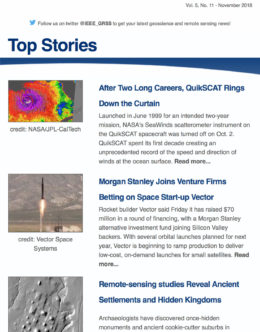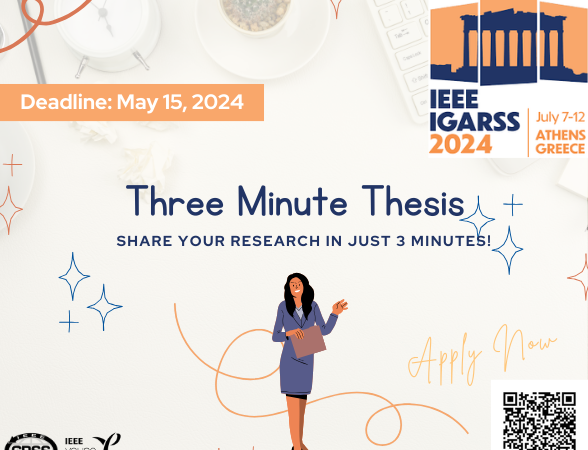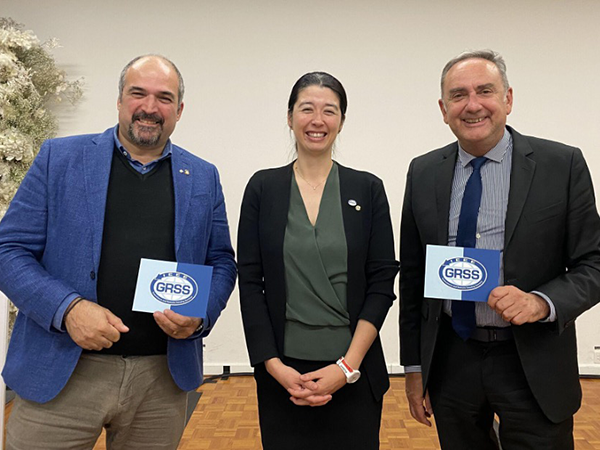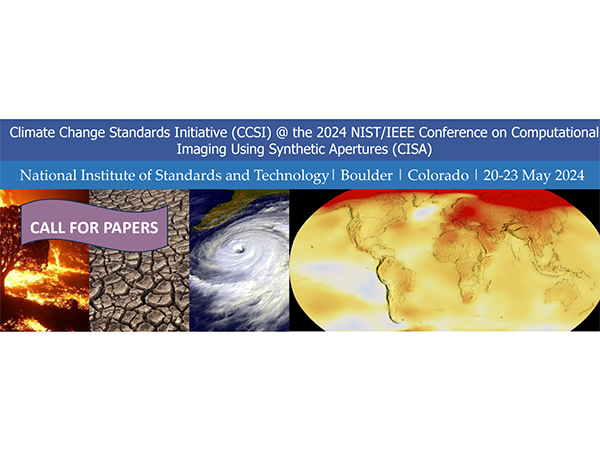PostDoc: Surrogate modelling for Earth Observation Digital Twin (EO DT)
Location: CNES Data Campus, Toulouse, France
Subject: Surrogate modelling for Earth Observation Digital Twin (EO DT)
Scientific context and goals
This postdoctoral research fellowship aims to explore and develop new surrogate models to enhance the efficiency of digital twin simulations.
The successful candidate will be responsible for conducting research to advance the development and application of surrogate models within the Earth Observation Digital Twin framework currently developed at CNES. The Earth Observation Digital Twin represents a sophisticated integration of satellite data, computational modeling, and artificial intelligence to create a dynamic representation of our planet. The goal of this research is to leverage surrogate models to streamline and optimize simulations, improving the speed and resource efficiency of the Digital Twin while maintaining high fidelity in the representation of Earth’s complex systems.
The research program is defined as follows.
- A study of the literature surrounding the development of surrogate models in the context of EO DT.
- A definition of the research questions, and an inventory of existing solutions and open questions.
- Develop and implement surrogate models tailored for Earth Observation Digital Twin applications.
- Collaborate with interdisciplinary teams to integrate surrogate models into existing Digital Twin frameworks.
- Validate and calibrate surrogate models using Earth observation data and ground truth information.
- Contribute to the dissemination of research findings through publications and conference presentations.
- Collaborate with industry partners and stakeholders to ensure real-world applicability of the developed models.
Desired profile
A Ph.D in a relevant field such as remote sensing, geospatial science, computer science, or a related discipline. Strong background in surrogate modeling, machine learning, and data assimilation techniques.
Proficiency in Python programming language.
Experience with Earth observation data, skills in digital twin technologies, and related geospatial tools would be beneficial.
Excellent communication skills and the ability to work effectively within a multidisciplinary team.
Work environment
He/she will choose the methodological axes in consultation with the project leaders and within the framework of the scientific objectives.
The postdoctoral researcher will be in contact with the French and international space ecosystem: academic laboratories in several scientific fields, industrial and institutional R&D, space agencies. In addition to existing partnerships (LEGOS, INRAE G-EAU, CERFACS, Météo France, Univ. Rouen, Télécom Paris,…), the candidate is invited to propose new academic collaborations. Funding is available for visits in other laboratories and participation in conferences. He/she will be able to supervise internships and benefit from technical support from computer engineers.
The post-doctoral researcher will be employed by CNES, CNES is the French space agency. It proposes and implements French space policy. The Data Campus brings together more than 100 engineers and researchers and is dedicated to demonstrating the usefulness of space data.
Application process
Applications can be submitted until March 15 on the CNES recruitment platform:
recrutement.cnes.fr/fr/annonce/2698873-24-302pd-surrogate-model-devpt-for-themat…
The application should include :
- Updated academic CV
- A two-page description of the work undertaken during your Ph.D.
- A covering letter
- A research project (maximum two pages, including references).
- A letter of recommendation from your Ph.D. supervisor
- If deemed appropriate, one or two other letters of recommendation
Applicants are invited to contact the CNES project coordinators before submission:



























